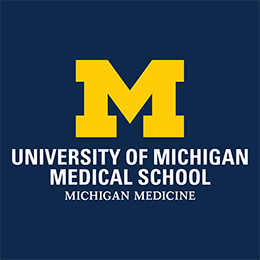A nuclear medicine specialist employs the properties of radioactive atoms and molecules in the diagnosis and treatment of disease, and in research. Radiation detection and imaging instrument systems are used to detect disease as it changes the function and metabolism of normal cells, tissues, and organs.
A wide variety of diseases can be found in this way, usually before the structure of the organ involved by the disease can be seen to be abnormal by any other techniques. Early detection of coronary artery disease (including acute heart attack); early cancer detection and evaluation of the effect of tumor treatment; diagnosis of infection and inflammation anywhere in the body; and early detection of blood clot in the lungs are all possible with these techniques. Unique forms of radioactive molecules can attack and kill cancer cells (e.g., lymphoma, thyroid cancer) or can relieve the severe pain of cancer that has spread to bone. The nuclear medicine specialist has special knowledge in the biologic effects of radiation exposure, the fundamentals of the physical sciences and the principles and operation of radiation detection and imaging instrumentation systems.
Residency Training
- Duration of training: Three years, after internal medicine (or similar) residency: two years, after radiology residency: One year
- Number of programs nationally: 55
- Number of entering residency positions per year: ~70
- Type of Match: None
- Overall competitiveness: Variable
Primary Faculty Contact for M1s and M2s
Dr. Richard Brown
rkjbrown@umich.edu
734-936-5388
Medical Student Club or Interest Group
Dr. Perry Pernicano
pgp@umich.edu
734-764-9196
Resources
- ABNM
- ABR
- ACNM
- ACR
- APDR
- RSNA
- SNM
Suggested Journals, Books & Information for Interested Students
- J Nucl Med
- Eur J Nucl Med
- Clin Nucl Med
- Radiology
